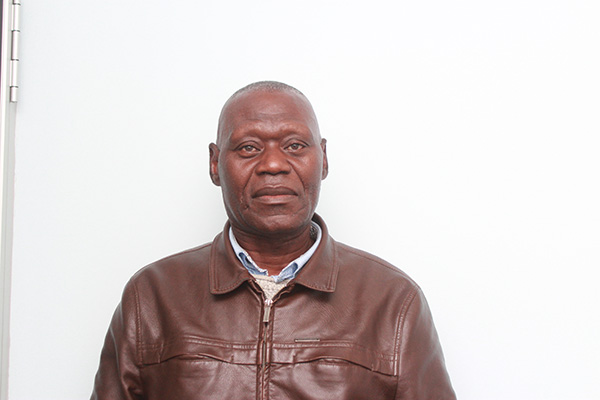Dr Vincent Ntema Sazita
Proposal to write off municipal debts as a relief for the residents of cities, towns, village councils and settlements in the African context should be viewed as real and not a whim.
No one can avoid the same situation that states that the writing off of municipal debts cannot recur, but what is important to understand by whoever is advocating for not writing off municipal debts should know that this writing off of municipal debt is done on the previous old inherited and current precedenting debt situation of residents of municipal cities, towns, village councils and settlement areas of a nation that continue to escalate without relief or halting.
The writing off of municipal debts means the writing off of a debt(s) which existed from a long time ago to the current period that casts a bleak picture on many businesses and residents of the African continent and once this debt has been written off, new accounts will commence which will not see any further writing-off debts time soon to businesses or residents who will not embrace this opportunity and keep up with the new trend.
No one can agree or believe those proponents who say that the writing-off of municipal debts will cripple NamWater and NamPower unless they have another world to live in where they will have no issues of unemployment, urbanisation, poverty, etc. in place where every individual is certain that there are means to pay for these services.
Improper use of macroeconomics costs the African municipal services and results in governments depending on people to lift the governments than using macroeconomics properly to sustain governments.
Writing off municipal debts when there is a deadlock should not be feared or regarded as a threat. In accounting terms, we have a trial balance, which is a statement of all debits and credits in a double-entry account book, with any disagreement indicating an error and this is made to ensure that we arrive at an error and rectify it without only thinking that everything will be well or will go wrong. A coward dies twice or even more times before finally approaching his enemy.
The municipal governments of the Republic of South Africa have already started writing off billions of debts and are continuing to do so without fear and have a larger population than other countries of Africa and the municipalities are continually encouraging residents to come forth and apply for writing off their debts as long as they qualify and are following the terms and conditions by which this action was mandated to flow within.
During colonial regimes in Africa, residents of towns did not own houses by purchase, but were living in free housing facilities provided by colonial those colonial governments where free water, electricity and other related municipal services were provided.
Government ministries and institutions were not paying for municipal services as they were regarded as government entities. At the dawn of the independencies of the African states, they now came up with parastatalising NamWater and NamPower by way of privatisation and did not study the African setups of societies.
The African societies lived and still live in rural areas and are not used to municipal billing and costs. When they learn that the limelight of their survival is to be found in cities, towns, village councils and settlements of their lands, massive numbers of people now stream into cities, towns, village councils and settlements, where they think they are going to make life ends meet.
Here in Namibia, for example, there were cities such as Swakopmund, Walvis Bay and Windhoek and others that were exercising municipal bills payment and these were used to the system, but would not cope with urbanisation, because of its continual demands of planning and providing services, thus overloading their budgets.
Municipalities were such as Keetmanshoop, Okahandja, Grootfontein and other; while the rest of the remaining towns did not have the status of having municipal or town or village councils or settlement areas that provided such services and charging for those services. It thus became a norm and would not be accustomed time soon.
It is a learning and challenging route for Namibia and other member states to encounter along the way. Municipalities and towns were subsidised as Namibia do today, but the major challenge is poverty, urbanisation, unemployment, etc.
If these challenges are not addressed, municipal bills will escalate year in and year out and these can only be addressed by the leadership to ensure proper management of macroeconomics such as agriculture, finance, real estate, mining, fishing, etc. and regrettably as it is that if these sectors are left in the hands of few individuals to benefit personally and not nationally from them, then we should forget the progression of all citizens in the development and benefit of the wealth of natural and semi-natural resources.
Now, and importantly though, as the case may be, how will you keep up with the old payment of municipal bills if you cannot afford it based on the issues of poverty, urbanisation, improper use of macroeconomic sectors, fluidic movements of other people from their original lands of birth to other lands where they see themselves to go and live for their survival and unemployment that cause and accrue to many people to stream to cities and towns, village councils and settlements of the country.


